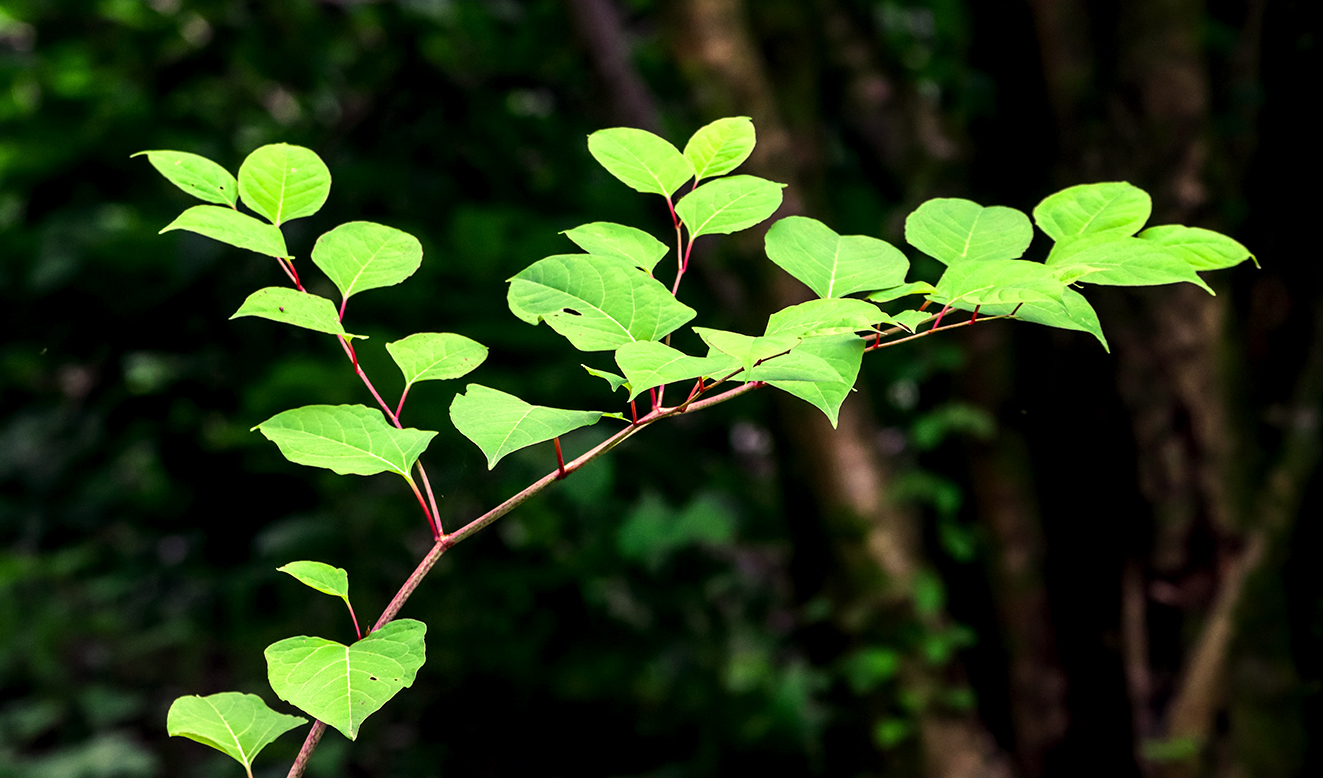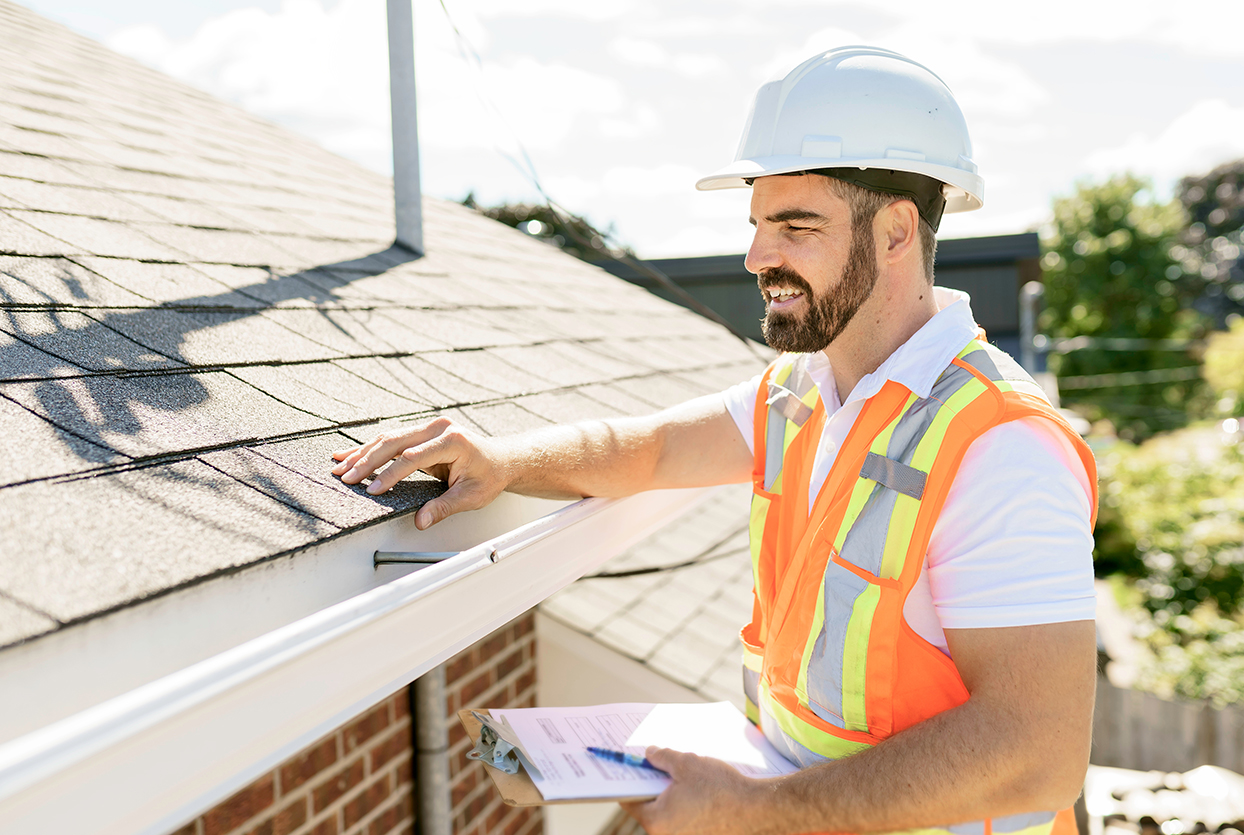When arranging a snagging survey, most people focus on the interior areas of the property. However, it’s essential to also consider the property’s exterior. And, although the inexperienced might think that plants don’t impact the general external state of a home, this isn’t always the case, especially when dealing with Japanese knotweed.
Japanese knotweed can cause issues for both building developers and homeowners. Although its impact is now well documented, it’s not uncommon for people to be confused about whether to include Japanese knotweed in their snagging survey.
Japanese knotweed can potentially cause various types of damage to structural parts of a property as it grows, and it is commonly found growing in drainage systems, driveways, and garden walls. If left to mature, it can cause the property’s value to decline. It’s therefore essential to take action as soon as it is identified.

Snagging Surveys: Not just for the interior of a property
The importance of snagging surveys is highly underestimated. A snagging survey can save new homeowners a lot of hassle by helping them detect damages from the start. When you employ a surveyor to inspect your home, they must also look for any sign of Japanese knotweed.
Check exterior walls and drains for damage
Japanese knotweed can grow on exterior walls and drainage. Therefore, you should ensure that the surveyor checks these outer parts for damages. Also, look at the surrounding grounds for signs of knotweed there.
When the surveyor notices knotweed, it’s important to note the plant’s characteristics and encroachment. Surveyors should also check drainage systems for Japanese knotweed as it creates the perfect growing condition for this encroaching plant. Finally, if any knotweed is spotted, check the distance from the property and note down the level of its growth.
Check that the outbuildings and sheds meet the contract
It’s also important to check the sheds and outbuildings to ensure they meet what’s stated in the contract. Issues might be small cosmetic ones, or they could end up being tricky structural ones.
However, a snagging survey also acts as a visual check on the quality of the building against the formal standards. Therefore, ensure that the snagging surveyor looks at every aspect of the outbuildings and driveway and compares it with the contract to ensure it meets the stated criteria.
Have a Basic Knowledge of Invasive Species
The Wildlife and Countryside Act prevents the introduction of invasive alien species to homes. Some invasive species include Japanese knotweed, Himalayan balsam, Giant hogweed, and Floating pennywort. Therefore, anyone conducting a snagging survey should have performed ample research on the various invasive species.
Questions to ask before hiring a professional surveyor
You need to ask several crucial questions before hiring a professional surveyor. These questions cover their experience, qualifications, etc. The following are common questions to ask:
What are their qualifications?
Unlike the title of “architect” or “solicitor”, “surveyor” isn’t a protected title. That means that anyone can call themselves a surveyor without necessarily being a member of a professional body.
Therefore, we recommend that you always choose an accredited professional surveyor and a member of the Royal Institution of Chartered Surveyors (RICS) or the Residential Property Surveyors Association (RPSA).
Hiring a surveyor with this qualification ensures that a professional and licensed surveyor does your snagging survey. This way, you are assured that the survey will be accurate, reliable, and professional.
Are they independent from the Estate Agent/Housebuilder?
You should also find out if the surveyor works for the estate agent or is independent. Both options are fine; it all depends on your needs. A surveyor recommended by an estate agent or housebuilder may offer you a cheaper deal, but they might also do their work with the intention of minimising the impact on the seller.
Meanwhile, an independent surveyor might be more thorough with the inspection and ensure all ground is covered. They only work for you and your interests.
What’s included in their contract?
Most contracts for surveys are concluded via oral agreements. However, it’s best to request a written contract as it helps ensure a better understanding between you and the professional surveyor.
A good agreement will contain the type of services the surveyor will provide, the cost, extra work contingencies, and the timeline. Also, if you want the professional surveyor to include Japanese knotweed in the snagging survey, ensure it is part of the contract or clearly stated in the terms on the surveyor’s website.
Do they have experience with invasive plants and other species?
Surveying is a broad field. Therefore, it’s easy to find surveyors with more experience in one area than another. That’s why it’s essential to ask this question from the beginning to ensure you’re hiring a professional surveyor that can effectively include Japanese knotweed in the snagging survey.
Finding a professional surveyor with experience in this field makes all the difference. If they have a proven record with invasive plants and other species, they will be familiar with the regulations and thorough in their survey and when creating a report.
They will also be more likely to point you towards a qualified company that can remove or treat Japanese knotweed in the event that they do find it on the property.
Final thoughts
A snagging survey for Japanese knotweed is vital whether you’re a new homeowner or trying to value your property. This weed is highly resilient and can cause damage to the property, cause health and safety concerns and lower the value of your home.
Identifying Japanese knotweed can be difficult. However, it is easier when you hire a professional surveyor, but ask the above questions to ensure you make the right choice.
As always, if you have any questions or comments, please don’t hesitate to contact us and we’ll be more than happy to help.


